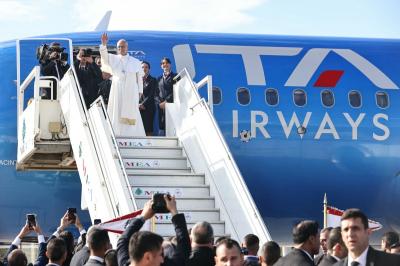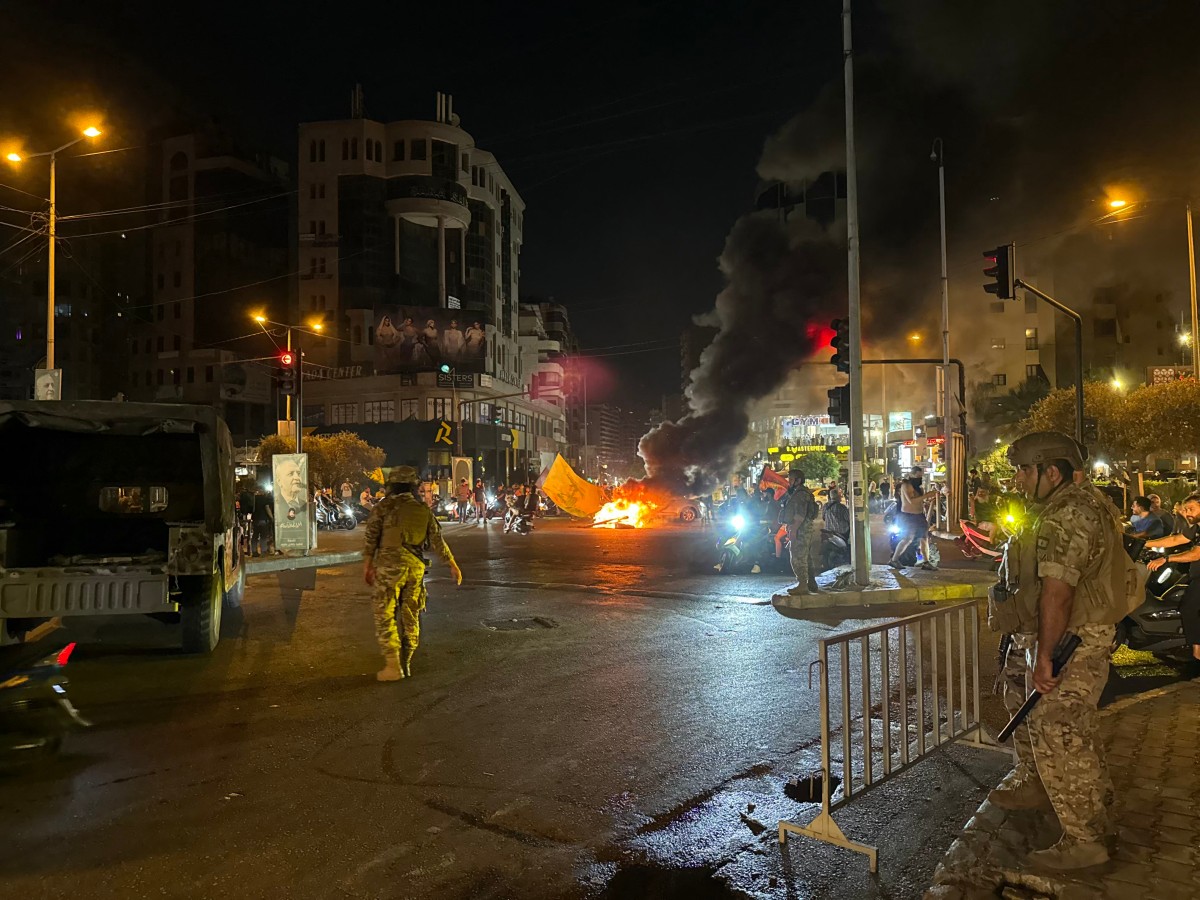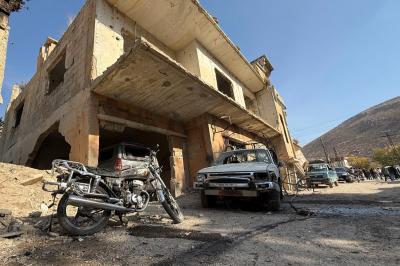Now that Lebanon’s executive authority has, as announced, made up its mind—deciding to place all weapons exclusively in the hands of the country’s legitimate security forces, in line with the constitution…
Now that it has moved to implement the clauses of UN Security Council Resolution 1701, alongside the ceasefire agreement between Lebanon and Israel following the so-called “Support War”…
Now that it has—astonishingly—approved U.S. envoy Tom Barrack’s proposal instead of adopting a Lebanese one…
Now that it has tasked the Lebanese Army with setting up a mechanism to collect all illegal weapons within strictly defined deadlines, ending this August…
Now that ministers have either walked out of Cabinet sessions in protest or applauded in approval…
Now that voices inside and outside the country have hailed a “decisive victory,” while, in stark contrast, motorcycle convoys roared through the streets of a sorrowful nation…
All those questions are now on the table—questions born of caution and anxiety—awaiting answers from an uncertain tomorrow:
Has Lebanon’s new leadership finally delivered one of its most significant promises to the foreign powers that helped bring it to power?
Has it considered the warnings from those who fear the decision—described as pivotal—could ignite a civil war? Or does it disregard all opposition so long as its external sponsor is satisfied?
Are President Joseph Aoun’s reassurances that there is no risk of war, and Prime Minister Nawaf Salam’s firm reading of the resolutions, enough to convince us that the future will indeed be bright?
What will “Hezbollah” and “Amal” ministers do next, after voicing their objections in last Tuesday’s and Thursday’s Cabinet sessions, then walking out?
Will they escalate matters—perhaps even resign—especially after what have been described as spontaneous public reactions?
Would such resignations not plunge the country into political chaos, possibly leading to war if each side clings to its position, amid the conviction that the international sponsors’ script is already written, even if its execution was delayed eight months?
Would their resignations, as the peak of escalation, be met with resignations from ministers who support the disarmament decision—thereby collapsing the government and triggering a new cabinet formation crisis? After all, no government can be formed without a core national component; no decision that contradicts “coexistence” can claim legitimacy, as the constitution’s preamble states. In reality, who among the Shiite community would dare accept a ministerial post under such circumstances—especially if branded a “Shiite of the embassies”?
Will Shiite unity of position last indefinitely, or will differences emerge later, given each side’s own calculations?
Might both Shiite factions revisit their choices since agreeing to the ceasefire with Israel, electing Joseph Aoun as president, joining Prime Minister Nawaf Salam’s government, and endorsing its policy statement? Are they satisfied with how matters have unfolded—or is it already “too late for regret”?
Will the Lebanese Army’s disarmament mechanism be ready by the end of August? If ready and launched, will it proceed smoothly? If not, will Israel intervene with bombardments, airstrikes, and assassinations—as it has since the ceasefire—to force disarmament? Or is there someone hoping to call in Ahmad al-Shar’a’s forces for assistance?
If the president, in dialogue with “Hezbollah,” prefers understanding over confrontation—unlike some ministers and domestic factions pushing for disarmament by force—is this simply a strategy to buy time? After all, drafting the army’s plan will take time, perhaps in anticipation of the outcome of U.S.–Iranian negotiations and their impact, positive or negative, on Lebanon.
Can the forces celebrating the disarmament decision—voices rising like celebratory gunfire—explain their role in actually collecting weapons, beyond speeches and bravado? And if they tout this “clear victory” but enter the next parliamentary elections without winning even one of the 27 Shiite seats, what then?
Now that “Hezbollah’s” weapons no longer serve as a deterrent to Israel, does handing them to the army mean relinquishing even a weak bargaining chip—without getting anything in return?
What of the Palestinian weapons that were slated for surrender two months ago but remain untouched?
And finally—though hardly least—can the United States, whose envoy Tom Barrack and State Department have welcomed the Lebanese government’s decision, guarantee that Benjamin Netanyahu will not “go his own way” and torpedo all commitments and considerations? Especially given Barrack’s own admission, at the end of his latest visit to Lebanon, that Washington cannot pressure Israel.
Anxious questions—and many more beyond these. But who can answer them, if not the unknown tomorrow?
Please post your comments on:
comment@alsafanews.com
 Politics
Politics













